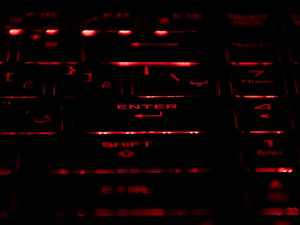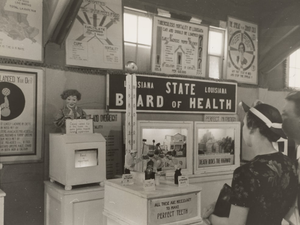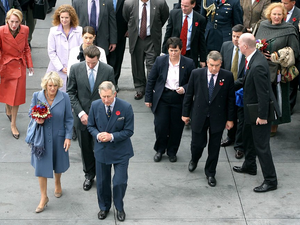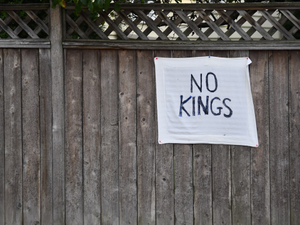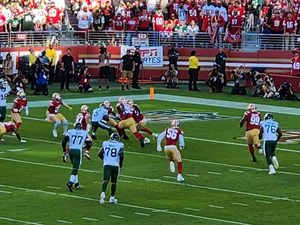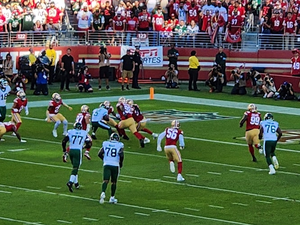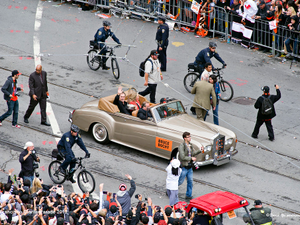Green Rebel: How Johnny Cash Rocked Folsom Prison and Challenged the System
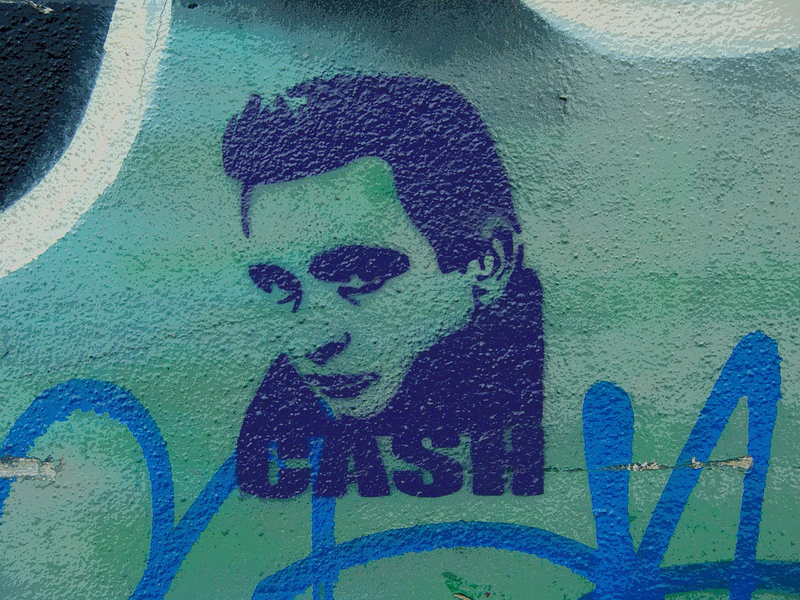
Photo by Franco Folini | License
Picture this: a legendary outlaw musician, a prison performance that would change music history, and a whole lot of complicated substance use. Johnny Cash wasn’t just the “Man in Black” - he was a complex artist who understood pain, rebellion, and redemption better than most.
Cash’s journey wasn’t just about music; it was about confronting societal demons, both personal and systemic. In the 1960s, he battled serious substance abuse, getting arrested multiple times for drug-related offenses. One particularly notorious incident involved smuggling amphetamines and sedatives in his guitar case - talk about rock ‘n’ roll risk-taking.
The Folsom Prison Legacy
But Cash was more than his struggles. His 1968 Folsom State Prison concert wasn’t just a performance; it was a revolutionary act of empathy. Inspired by a 1953 documentary about prison life, he crafted the iconic “Folsom Prison Blues” - a track that humanized incarcerated individuals when society wanted to write them off.
Beyond the Music
His relationship with marijuana was just a small part of a larger narrative about transformation. With support from his partner June Carter, Cash navigated addiction and emerged as a powerful voice for the marginalized. He turned personal pain into art that challenged societal norms.
Rebel with a Cause
Cash proved that redemption isn’t about being perfect, but about continuously striving to be better. His legacy transcends music - he was a cultural icon who showed empathy could be an act of rebellion.
AUTHOR: cgp
SOURCE: The Mercury News





















